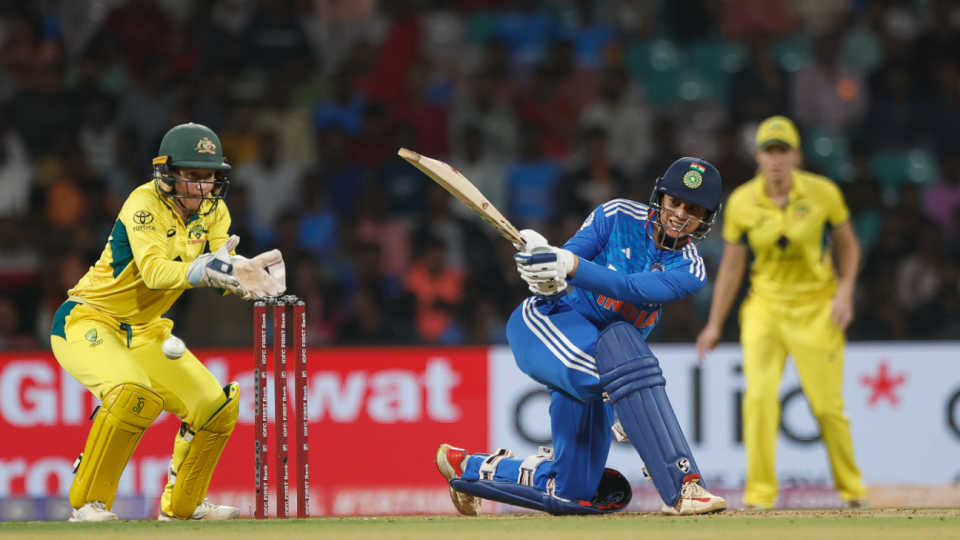
Cricket is set to return to the Olympic Games in 2028 in Los Angeles, marking a historic moment for the sport and its global fan base. Cricket was last played in the Olympics in 1900, making its reintroduction over a century later highly significant. This move reflects the International Olympic Committee’s effort to modernize the Games and include sports with large international followings. With billions of fans across Asia, the Caribbean, and other parts of the world, cricket’s inclusion will bring new audiences to the Olympic movement.
The format chosen for the Olympic version of cricket is Twenty20, or T20, a fast-paced, shortened version of the game that fits well within the Olympic schedule. Unlike traditional cricket matches that can last for days, T20 games are completed in about three hours, making them more accessible to global viewers. Both men’s and women’s competitions are planned, with top cricketing nations like India, Australia, England, and Pakistan expected to compete alongside emerging teams from countries such as the United States and Namibia.
Olympic cricket will be an opportunity to showcase the sport to new fans, especially in countries where cricket is not yet widely followed. Hosting the event in Los Angeles also aligns with efforts to grow the sport in North America, where cricket is gaining popularity. The Olympic spotlight could inspire new interest, youth participation, and investment in cricket infrastructure in non-traditional markets.
For cricket-playing nations, the Olympics provide a new level of prestige and competition. While the sport has its own major tournaments, such as the Cricket World Cup and ICC T20 World Cup, earning an Olympic medal adds a unique and highly respected achievement to any athlete's career. Representing one’s country on such a global stage will bring a sense of national pride that complements existing cricket traditions.
In conclusion, the return of cricket to the Olympics is a monumental development for the sport. It opens new doors for global exposure, promotes inclusivity, and aligns with the modern vision of the Olympic Games. As cricket takes its place once again on the world’s biggest sporting stage, it will not only entertain fans but also strengthen international unity through the spirit of competition.


